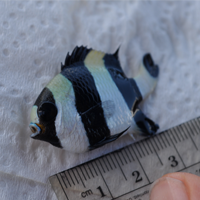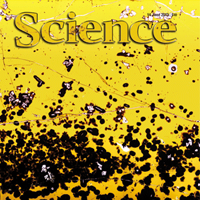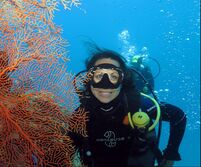Watch my TEDx talk: Athletes of the Great Barrier Reef
With over 400 million years of evolution, the fishes represent one of the most successful adaptive radiation events in vertebrate history. Yet, we do not fully understand how fish are responding to environmental and human-induced stress and their capacity to adapt to global climate change, which is the focus of my research.
With over 400 million years of evolution, the fishes represent one of the most successful adaptive radiation events in vertebrate history. Yet, we do not fully understand how fish are responding to environmental and human-induced stress and their capacity to adapt to global climate change, which is the focus of my research.
Join our team! Are you interested in joining our lab? Fill this Google Form to apply: Google Form
Baby Sharks in a Changing World
The Physioshark Research Program at James Cook University is dedicated to understanding how climate change is impacting sharks and informing conservation efforts. The team investigates the effects of rising sea temperatures, ocean acidification, and declining oxygen on the physiology and behaviour of sharks. Sharks are an important element of healthy environments and without them entire ocean ecosystems can fall out of balance. Based on the Great Barrier Reef and in French Polynesia the Physioshark Research Program seeks to understand and protect sharks in a changing world. By working to safeguard these important predators, the team is contributing to the health and sustainability of marine ecosystems, which are essential to the well-being of our planet.
To donate to the cause, JCU have set up non-U.S. donors page and a page for U.S. donors (for U.S. specific tax deduction purposes).
The Physioshark Research Program at James Cook University is dedicated to understanding how climate change is impacting sharks and informing conservation efforts. The team investigates the effects of rising sea temperatures, ocean acidification, and declining oxygen on the physiology and behaviour of sharks. Sharks are an important element of healthy environments and without them entire ocean ecosystems can fall out of balance. Based on the Great Barrier Reef and in French Polynesia the Physioshark Research Program seeks to understand and protect sharks in a changing world. By working to safeguard these important predators, the team is contributing to the health and sustainability of marine ecosystems, which are essential to the well-being of our planet.
To donate to the cause, JCU have set up non-U.S. donors page and a page for U.S. donors (for U.S. specific tax deduction purposes).




